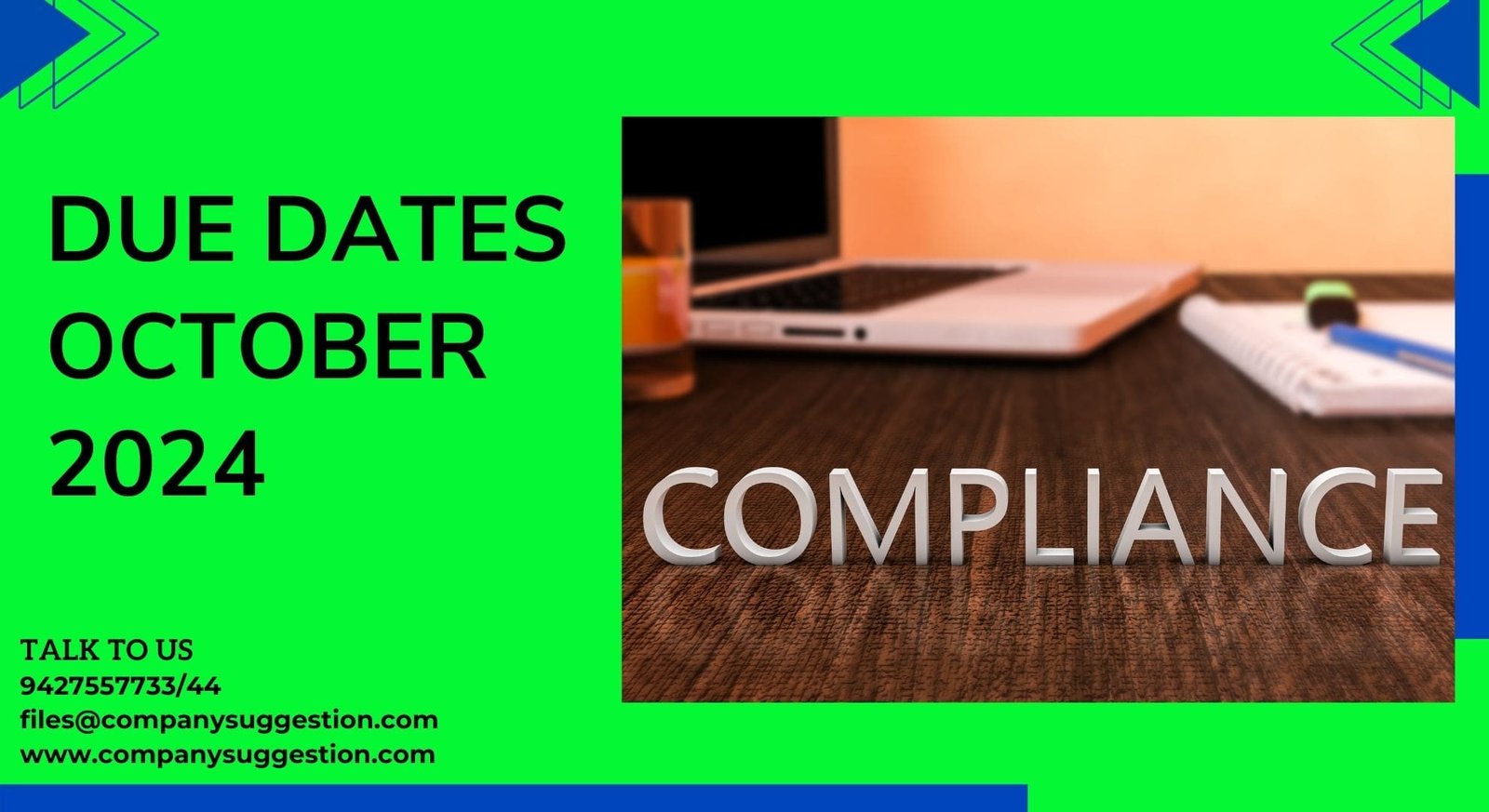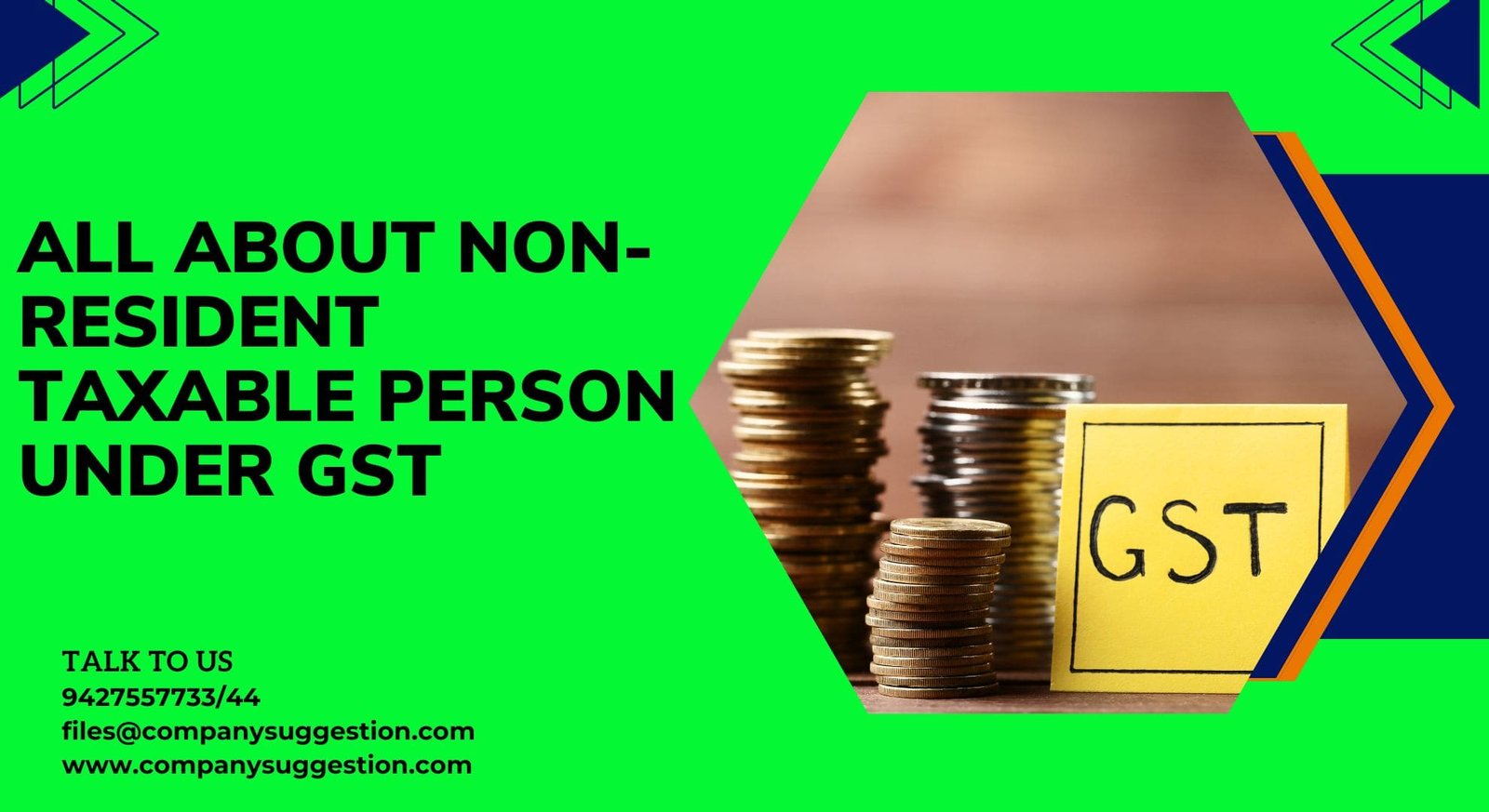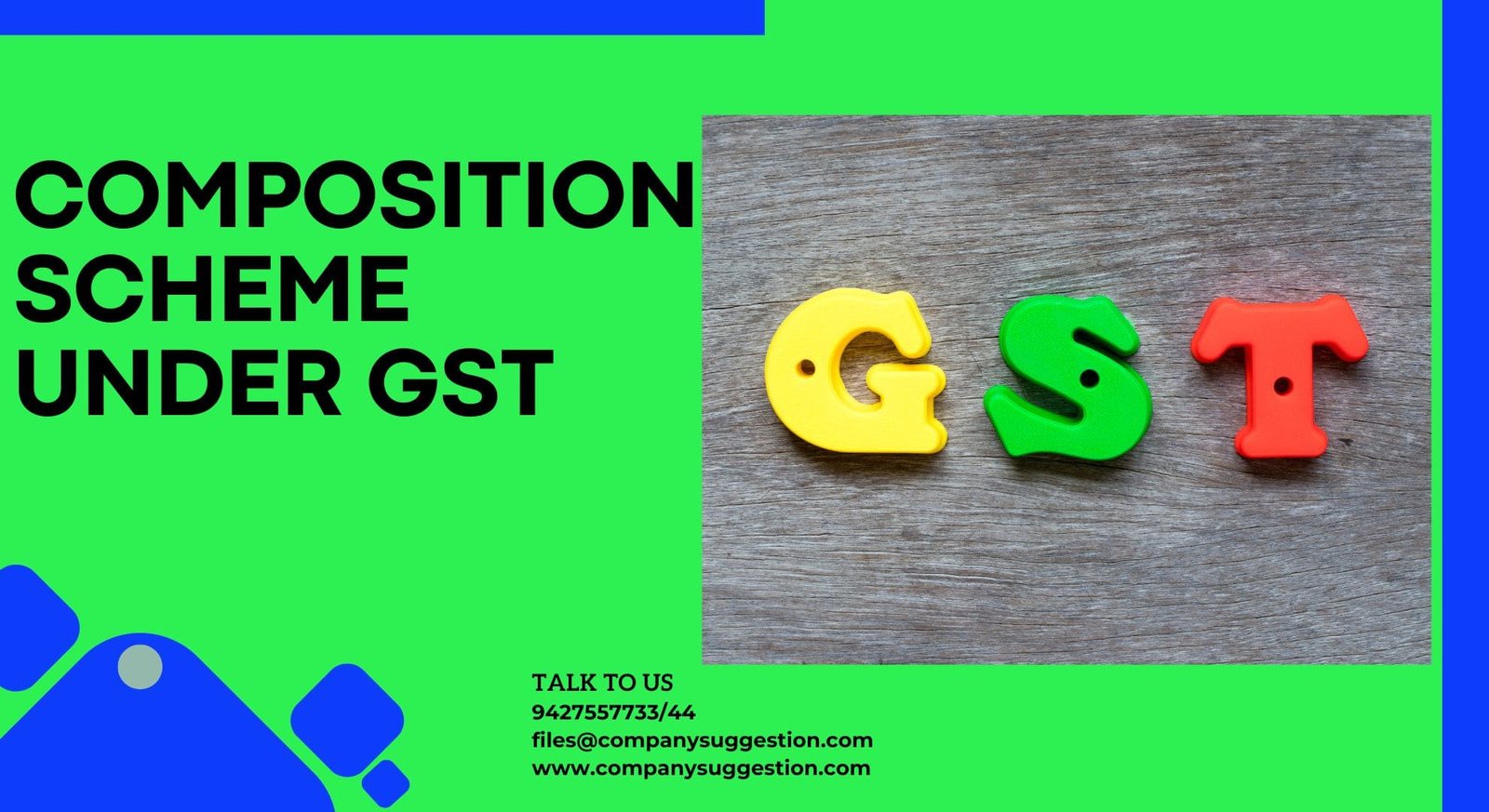INVOICE REFERENCE NUMBER :
An invoice reference number is a unique identifier assigned to an invoice for tracking and organizational purposes. It helps both the issuer and the recipient of the invoice to easily identify and reference the transaction in their records. The reference number can consist of letters, numbers, or a combination of both, and it is typically generated sequentially or based on a specific coding system determined by the invoicing entity. It’s important for maintaining accurate financial records and facilitating communication between parties involved in the transaction.
Invoice Reference Number (IRN) is a unique identifier assigned to each invoice generated under the Goods and Services Tax (GST) system in India. The IRN is generated through the Invoice Registration Portal (IRP) operated by the Goods and Services Tax Network (GSTN) in India.
The IRN is a crucial component of the e-invoicing system introduced by the Indian government to streamline and automate the invoicing process, enhance compliance, and reduce tax evasion. It helps ensure that invoices are authentic and compliant with GST regulations.
When a taxpayer creates an invoice, they upload its details to the IRP, which then generates a unique IRN along with a QR code containing essential invoice information. The IRN is then embedded into the invoice, making it digitally signed and authenticated by the IRP.
Here are some key points regarding the IRN:
- Unique Identifier: The IRN is a 64-character alphanumeric code generated for each document, such as invoices, debit notes, or credit notes, submitted to the Invoice Registration Portal.
- Generated by IRP: The IRN is created by the Invoice Registration Portal using a hash generation algorithm prescribed by the GSTN (Goods and Services Tax Network).
- Requirement in E-invoices: Every invoice issued by a supplier to their recipient must include the IRN. This ensures that each invoice can be uniquely identified and authenticated.
- Verification by Tax Officers: Tax officers can verify the authenticity of the transaction by using the IRN through the central portal or an offline app provided by the GSTN. This verification process helps in detecting fraudulent transactions and ensures compliance with tax regulations.
- Hash Generation Algorithm: The hash generation algorithm converts a message or string of characters into a series of numbers in a manner that makes it computationally infeasible to deduce the original message from the hash. The specific algorithm used for generating the hash is prescribed by the GSTN as part of the e-invoicing standard.
Parameters used to generate Invoice Reference Number (IRN):
IRN is generated based on certain key components of an invoice to ensure uniqueness and traceability. These components may include:
- Invoice Number: The unique identifier assigned to each invoice.
- Invoice Date: The date when the invoice was issued.
- Seller’s GSTIN (Goods and Services Tax Identification Number): The unique identifier assigned to the seller under the GST regime (in India).
- Financial Year: The financial year to which the invoice pertains.
- Invoice Value: The total value of the invoice.
- Hash or Digital Signature: A cryptographic hash or digital signature computed over the above parameters to ensure the integrity and authenticity of the IRN.
IRN generation process is part of the e-invoicing system mandated by the Goods and Services Tax Network (GSTN). The IRN is generated based on the combination of the above parameters and a digital signature computed using the GST System.
When is the Invoice Reference Number (IRN) generated ?
- During Invoice Creation: In electronic invoicing systems, the IRN is usually generated automatically by the invoicing software or platform when the invoice is created. The software computes the necessary parameters (such as invoice number, invoice date, seller’s GSTIN, etc.) and generates the IRN accordingly.
- Before Invoice Transmission: In systems where, electronic invoices need to be submitted to tax authorities for validation or compliance purposes, the IRN is generated before the invoice is transmitted. This ensures that the invoice is compliant with regulatory requirements and can be tracked for tax purposes.
- As part of the E-Invoicing Process: In jurisdictions with e-invoicing mandates, such as India, the IRN is generated as part of the e-invoicing process. Businesses are required to generate IRNs for invoices issued to ensure compliance with tax regulations.
- Real-time or Batch Processing: Depending on the system and requirements, IRNs can be generated in real-time as invoices are created, or they can be generated in batches for multiple invoices at once.
Detailed Procedures for Generating IRNs :
Generating an Invoice Reference Number (IRN) typically involves several steps, especially in jurisdictions with electronic invoicing systems or stringent tax regulations. Here’s a generalized outline of the steps involved in generating an IRN:
- Prepare Invoice Data: Gather all the necessary information required for generating the invoice, including but not limited to:
- Invoice number
- Invoice date
- Seller’s details (name, address, tax identification number)
- Buyer’s details
- Line-item details (description, quantity, unit price)
- Applicable taxes
- Ensure Compliance: Ensure that your business is compliant with all relevant tax laws and regulations governing invoicing in your jurisdiction. This may include registration with tax authorities and understanding specific invoicing requirements.
- Integrate with Invoicing System (if applicable): If your business uses an electronic invoicing system or software, ensure that it is integrated with the tax authority’s infrastructure or designated platform for IRN generation. This integration may involve implementing APIs or other technical interfaces provided by the tax authorities.
- Compute Hash or Digital Signature: Calculate a unique cryptographic hash or digital signature over the invoice data and other relevant parameters required for IRN generation. This helps ensure the integrity and authenticity of the IRN and prevents tampering or fraud.
- Submit Data for IRN Generation: Transmit the invoice data, along with the computed hash or digital signature, to the tax authority’s system or designated platform for IRN generation. This can typically be done through API calls, online portals, or web interfaces provided by the tax authority.
- Receive IRN: Once the invoice data is successfully submitted, the tax authority’s system will process the request and generate an IRN for the invoice. The IRN is usually returned in real-time or within a specified timeframe, depending on the system’s response time.
- Incorporate IRN into Invoice: Once the IRN is received, incorporate it into the invoice along with any other required information. This ensures that the invoice is compliant with regulatory standards and can be easily validated by tax authorities.
- Store IRN and Invoice Data: Maintain proper records of the generated IRNs and associated invoice data for audit and compliance purposes. This may involve storing electronic copies of invoices and maintaining transaction logs as per the requirements of the tax authorities.
- Real-Time Validation (Optional): In some jurisdictions, businesses may be required to validate IRNs in real-time against the tax authority’s database to ensure their authenticity and compliance with regulatory standards. Implement any necessary mechanisms for real-time validation as per the requirements of your jurisdiction.
- Periodic Compliance Reporting: Periodically report IRNs and invoice data to the tax authorities as required by law. This may involve filing periodic tax returns or submitting transaction reports in electronic format.
The introduction of IRN and e-invoicing in India represents a significant step towards modernizing the country’s tax administration system and improving transparency in business transactions. For more such details do visit company solution.













